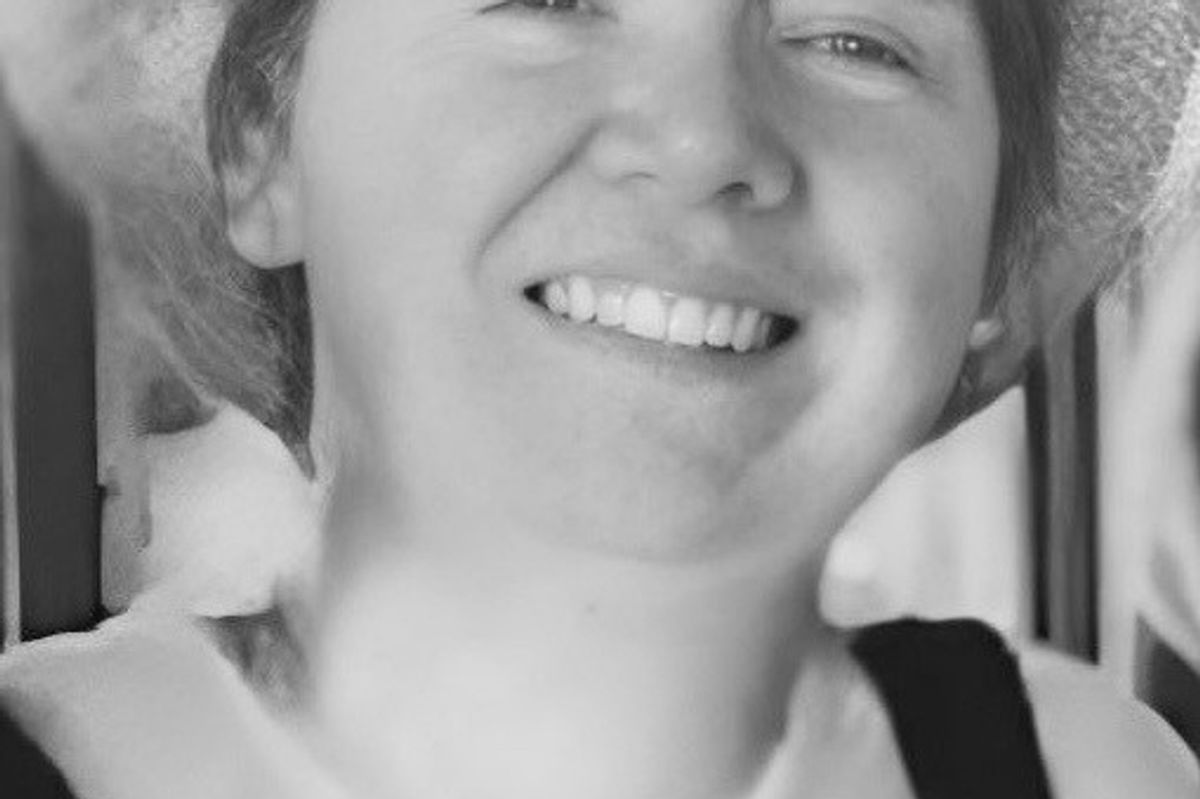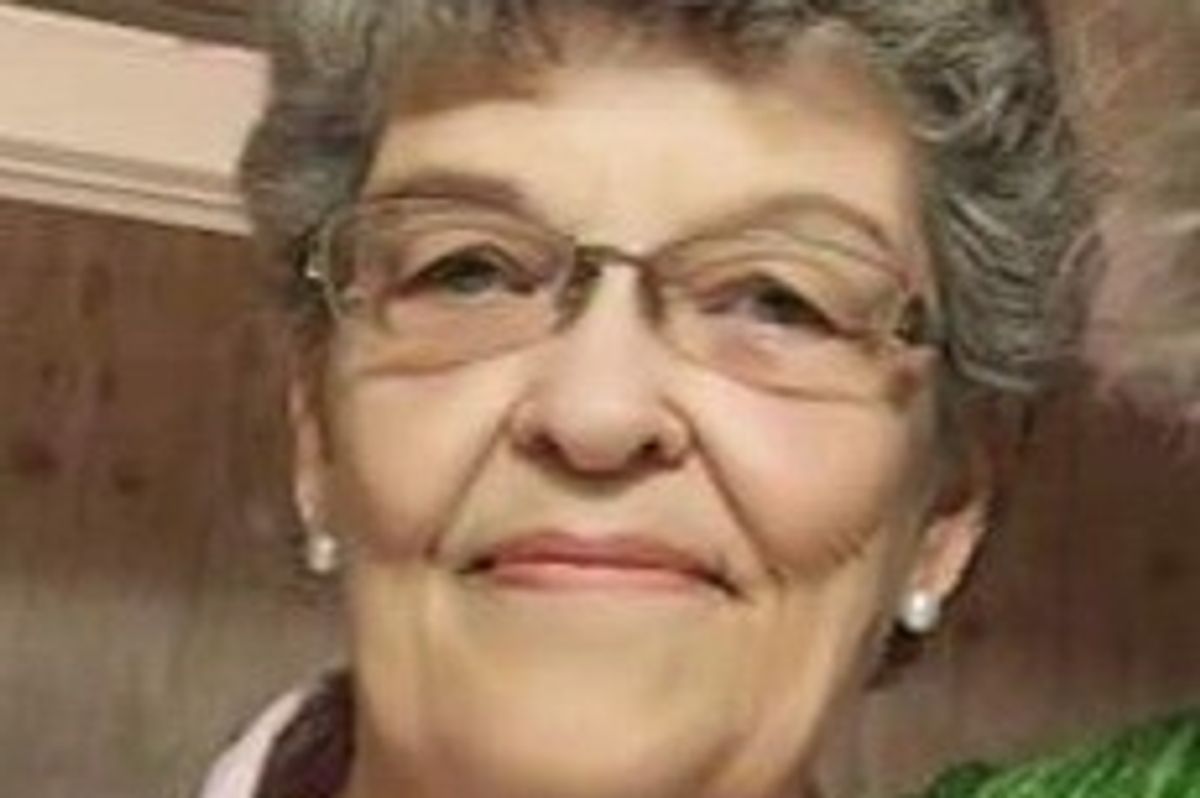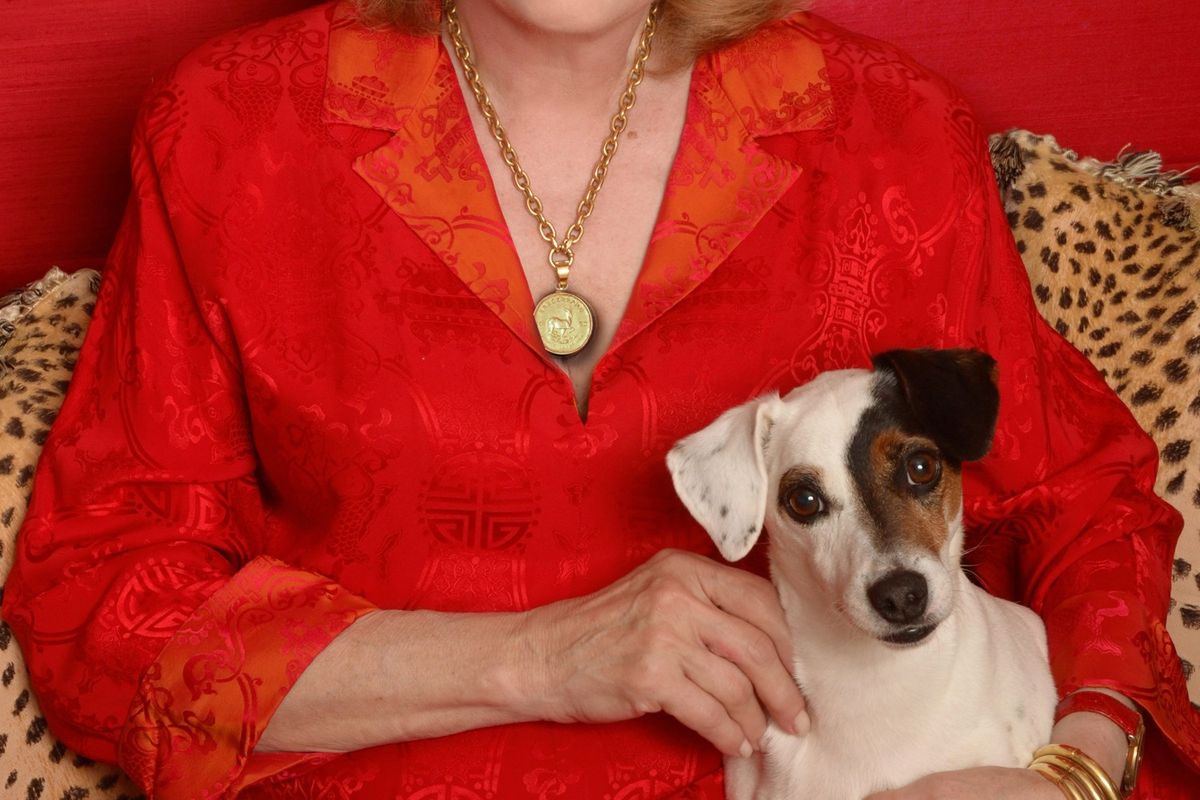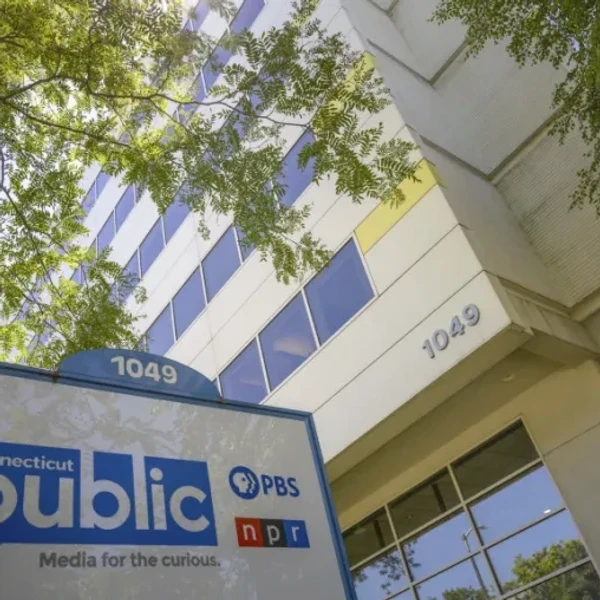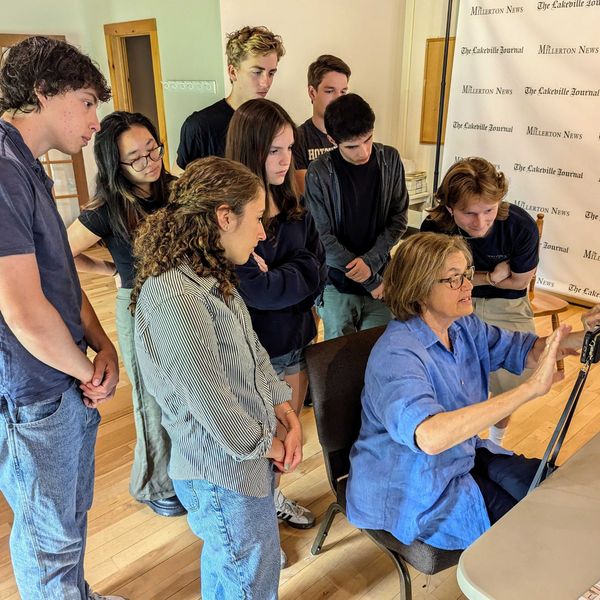Latest News
Devon Allman
Venla Shalin
On Friday, Aug. 15, The Devon Allman Project will play Infinity Hall in Norfolk. As the son of the legendary musician Gregg Allman, Devon carries on the family tradition while stepping out on his own.
“We’re honored to keep the tradition alive,” said Allman. “But I don’t play my records and try to compare them to records from 50 years ago. I try to write songs that mean something to me, and hopefully they’ll resonate with other people.”
His band features harmonica player/singer Jimmy Hall, guitarist Larry McRae and singer Sierra Green.
“It’s an all-star show. Jimmy Hall is from the great Wet Willie band from the ‘70s. Larry McCray is regarded in blues circles as a legend, and we’re honored to introduce Sierra Green. She’s a fantastic up-and-coming R&B singer from New Orleans who has been wowing the crowds. Everybody gets to pick up the ball and run with it. It’s an elevated show for sure.”
Their Infinity Hall Norfolk gig will feature cuts from his new album “Blues Summit,” as well as hits from The Allman Brother’s catalog, tunes from Devon’s early catalog and songs by Jimmy Hall.

Asked what he learned about life from his famous father, Allman chuckled and said,
“Stay away from drugs and don’t get married seven times! My dad would laugh and agree to that. Musically, just let the music ooze out of you know. You don’t want to force it. Play what moves you.”
“I didn’t meet my father until I was 17. Once I met him, I went out on tour with The Allman Brothers instead of going to my senior year of high school. I already knew what I wanted to do, but I really wanted to see if it was going to be my calling. They had me sit in on the final night of the tour in Miami singing “Midnight Rider” to 5,000 people. I was 17, and that did it. The energy was just amazing. I was putting bands together from then on,” he added.
Various members of the extensive Allman Brothers family have their own musical projects such as the “Allman Betts Family Revival.” For those shows, Devon tips his hat to Duane Allman and Dicky Betts by playing a Gibson Les Paul but for The Devon Allman Project, he primarily plays a 1966 Fender Stratocaster.
Gregg Allman, who died on May 27, 2017, passed down many of his prized instruments to his son.
“He left me 43 guitars. I also got his grand piano and his Hammond B3 organ. The grand piano is set up in my music room; the Hammond B3 comes with us on the revival tours. I try to utilize his instruments so they’re not just sitting around,” he said.
Audiences at Infinity Hall Norfolk can expect solid grooves, dynamic range, and a lot of energy.
Having started their tour in Sweden, the band will carry on playing the USA and Europe for three week stretches over the next year.
“We’re just having a lot of fun. Infinity Hall is a great venue, and we always love playing it. We hope to see everybody!” Allman said.
For ticket info, merchandise and more, visit:devonallmanproject.com
Keep ReadingShow less
Peggy Ann McEnroe
Aug 13, 2025
AMENIA — Peggy Ann McEnroe, 60, a lifelong area resident, passed away surrounded by her family on Aug. 4, 2025, at Vassar Brothers Hospital in Poughkeepsie, New York.Peggy Ann was the owner and operator of Peggy’s Sweet & Savory café in Amenia, New York (formerly known as Back in the Kitchen).
Peggy had a passion for food and travel and her creativity and generosity knew no bounds. Born on Dec. 10, 1964, in Sharon, Connecticut, she was the daughter of the late William Thomas McEnroe and Caroline Ann McEnroe.She was a graduate of Our Lady of Lourdes High School and received her Bachelor of Arts degree from SUNY Purchase.
Peggy is survived by her sister, Colleen McEnroe (Philip (Pete) Evans) of Bethesda, Maryland; her brothers, W. Patrick McEnroe (Lisa Roberts-McEnroe) of Rhinebeck, New York, and Kieran McEnroe of Amenia, New York. She is also survived by nieces, Sarah (Sally) Evans, Ryan McEnroe, Christy McEnroe, Kerry McEnroe, Katerin McEnroe, and nephews, Philip Evans (fiancé Rebecca Krysiak) and Carlin McEnroe, and her maternal aunt, Agnes Redmond of Smithtown, New York, as well as many cousins.
In addition to her parents, she was predeceased by a nephew, Gavin McEnroe.
A Mass of Christian Burial will be celebrated at 10 a.m. on Friday, Aug. 22, 2025, at Immaculate Conception Church, 4 Lavelle Rd., Amenia, New York, with Rev. Andrew O’Connor officiating.Burial will follow at Immaculate Conception Cemetery in Amenia, New York.In lieu of flowers, memorial contributions may be made to The Little Guild (animal shelter), 285 Sharon Goshen Turnpike, West Cornwall, CT06796 (or online at https://www.littleguild.org) or Immaculate Conception Church, 4 Lavelle Rd., Amenia, NY12501.
To send the family an online condolence, please visit www.hufcutfuneralhome.com.
Keep ReadingShow less
Evelyn Ann Moody Lamberti
Aug 13, 2025
WASSAIC — Evelyn Ann Moody Lamberti, 87, passed away July 13, 2025, in Barre, Vermont.
Born on Dec. 13, 1937, in Hartford, Connecticut to Hazen and Helen Moody, she spent her early years in Wassaic, New York and graduated from the first graduating class of Webutuck Central High School in 1955. She attended New Paltz College and then worked for the Dutchess County Supervisors Office in Poughkeepsie, New York.She married David Lamberti on Oct. 10, 1959, in Wassaic and moved to Vermont.
She began her career at the Vermont State Liquor Board and remained with them loyally for eleven years. In addition to her job, she also contributed to the success of her husband’s monument drafting studio. Her most important role in life was being a mother to her three children.
She was a woman with humble tastes and found contentment doing everyday tasks and providing a welcoming home for friends and family. With a love of the English language, her passions included word puzzles and learning on the computer. Her selfless and kind demeanor made the Lamberti house in Williamstown, Vermont, a center for family. Her memory lives on in the heart and minds of everyone who was fortunate enough to cross paths with her.
She is survived by her husband, David, and three children; Lisa Hard of Enfield, New Hampshire, David Lamberti and his wife, Joy, of St. George, Vermont, and Rhonda Warren and her husband, Don, of Clifton Park, New York. In addition to her husband and children, she is also survived by her granddaughter, Brittany Hard, sister Susan Metcalfe and husband John T. Metcalfe, and sister-in-law Caroline Tucker-Stook, as well as her nieces and nephews.
On Sunday, July 27, 2025, therewas a gathering of close friends and family at the Barre Elks Club in Barre.
In lieu of flowers, please send memorial contributions to the Central Vermont Humane Society, 1589 VT-14S, East Montpelier, VT05651.
Keep ReadingShow less
Caroline (Lynn) P. Chase
Aug 13, 2025
SOUTHFIELD, Mass — Lynn Chase of Southfield, Massachusetts, passed away on July 30, 2025, at Berkshire Medical Center after a courageous seven-month battle with an aggressive cancer. Despite the challenges, Lynn continued to inspire those around her with her strength and determination.
How do you begin to talk about the extraordinary life of Lynn Chase?
A native New Yorker, Lynn Chase graduated from Bennett College and completed her studies at the New York School of Interior Design. Lynn was a lover of animals from birth, and had a habit of rescuing any animal in need, from birds to squirrels, sneaking them into her room and nursing them back to health. This deep connection with nature was a driving force in her life and work.
In the 1970s, Lynn traveled extensively through Africa and South America, and it was there she found the inspiration that shaped the rest of her life. Those travels led to her spectacular body of work — paintings and sketches, porcelain dinnerware collections and giftware, and home furnishing designs unlike anything else, which she brought to the world first for Lenox china, and then under the name Lynn Chase Designs LCD, which she launched in 1988.
Lynn’s collections celebrated jaguars, monkeys, tigers, parrots, sea life, and many more, becoming not just beautiful objects, but statements of her deep fascination with wildlife. Lynn Chase’s Jaguar Jungle design won Best Pattern and the Impact Award at the International Tabletop Association in 1991 despite being told that no one would “eat off animals, or black plates.”Her stunning Harmony Bowl paid homage to wildlife species of the land, sea, and air from the seven continents, and was one of her favorite designs.
Her following was large and loyal. People from all over the world collected her work. Her friends often shared stories of being at a dinner party and finding her designs on the table. It was striking that people hadn’t just bought her tableware because it was beautiful; they bought it because it spoke to them personally.
Lynn’s love of wildlife went far beyond her art. She founded the Lynn Chase Wildlife Foundation, an independent nonprofit dedicated to preserving endangered animals around the globe. The fund has contributed much-needed funds to the Cheetah Conservation Fund in Namibia and the Amboseli Trust for Elephants in Kenya (where she also served on its board), among others.
She was a woman of great integrity, of immense talent, and of a generosity that matched her passions. Lynn touched so many lives, and while her loss is felt deeply, her work, her vision, and her compassion will live on in the hearts of everyone who knew her—and in the homes of people around the world who still set their tables with her creations.
Lynn Chase was predeceased by her father, Paul Jerome Chase, and her mother, Mary (Jennings) Chase of New York. On May 2, 1998, Lynn married Richard (Dick) A. Flintoft in New York, and together they enjoyed a full and happy life in New York City and Southfield, Massachusetts, until he died in 2020.
Surviving Lynn are her sister Susan (Edward “Ned”) Culver of Wayland, Massachusetts and Charleston, South Carolina, and brother Brewster (Marilyn) Jennings Chase of Ithaca, New York; her nieces Jennings Lee Camerson (Charleston, South Carolina) and Anne (Dawson) Culver Bird (Norfolk, Virginia); her special stepsons Philip Grant (Jennie) Flintoft of Millerton, New York, and Peter (Yuliya) Flintoft of New York, New York.
Lynn leaves countless beloved friends in the Massachusetts Berkshires, Connecticut, New York, throughout the U.S., and around the world, all of whom she loved and who love her. Our lives will never be the same without her.
Finally, Lynn was grateful to her outstanding doctors and medical providers at Hartford HealthCare Cancer Institute at Charlotte Hungerford Hospital.
A Celebration of Life for Lynn is being planned for this autumn.
Keep ReadingShow less
loading

